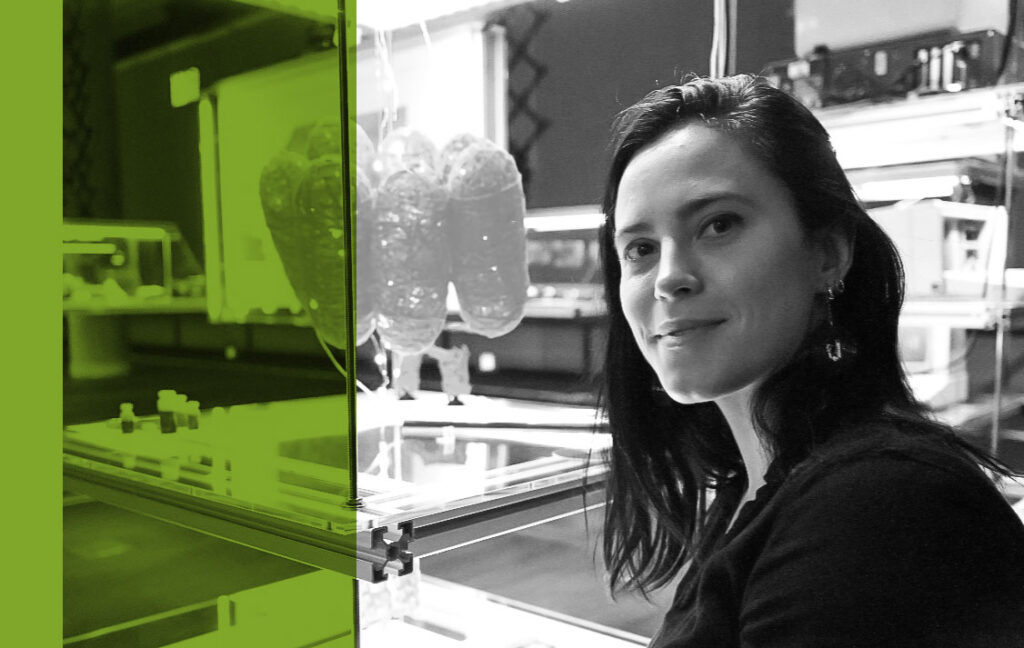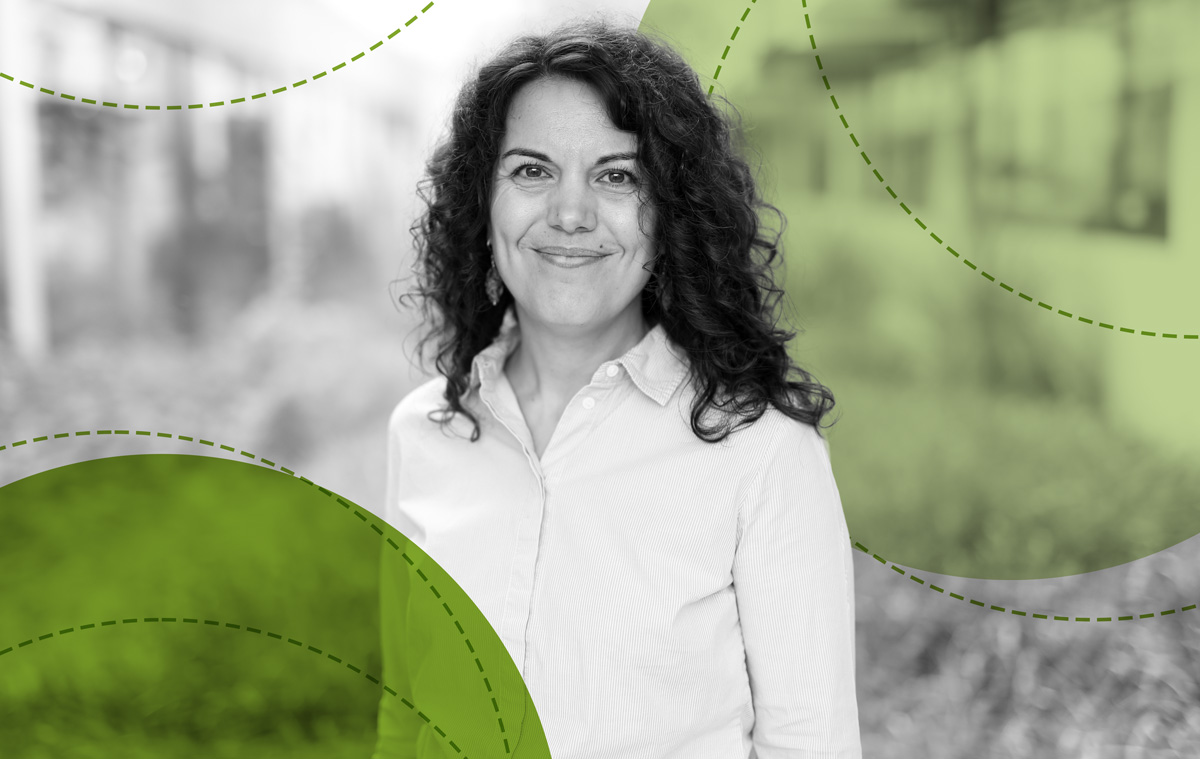“If I could offer you only one tip for the future: talk to former members of the lab, listen to them and then make your own opinion”, states Alina Pushkarev. Currently finishing her postdoc with Prof. Peter Hegemann in Berlin, Germany, thinking outside of the box seems like second nature to the former EMBO Postdoctoral Fellow. “The lead investigator’s personality and character are the main factors I consider while choosing labs”.
The EMBO Postdoctoral Fellowship programme allowed Alina to conduct her research with peace of mind. She completed a PhD in a marine microbiology laboratory led by EMBO Member Oded Béjà at Technion. During her PhD, she authored several papers including a publication in Nature about a novel type of rhodopsin, a light-sensing protein. She then moved to Germany where she has been working on the expression and characterization of crustacean rhodopsins to understand how animals such as the mantis shrimp are capable of sensing light outside of the human visual spectrum.
“I am grateful for the support that EMBO offered me”, Alina notes, “especially when it comes to soft skills training. Researchers often take on managerial roles without having received any kind of training on team management, leadership or mentorship.”
“And then,” Alina carries on, “there is EMBO. EMBO steps in and shows you that interpersonal skills are learnable, which provides instant results at any point of your career.”
Moving forward, Alina intends to return to Israel and establish her lab in the North. She will continue to investigate aquatic organisms, as well as the light-sensitive proteins that have ecological and medical relevance.
“Rhodopsins exist in different microbes,” she explains. “You find them in humans, in algae, in different prokaryotes and as well as in viruses. Algae may require these proteins as they swim away from or towards light. But viruses? Why would they need them? There is still a lot to learn.”



